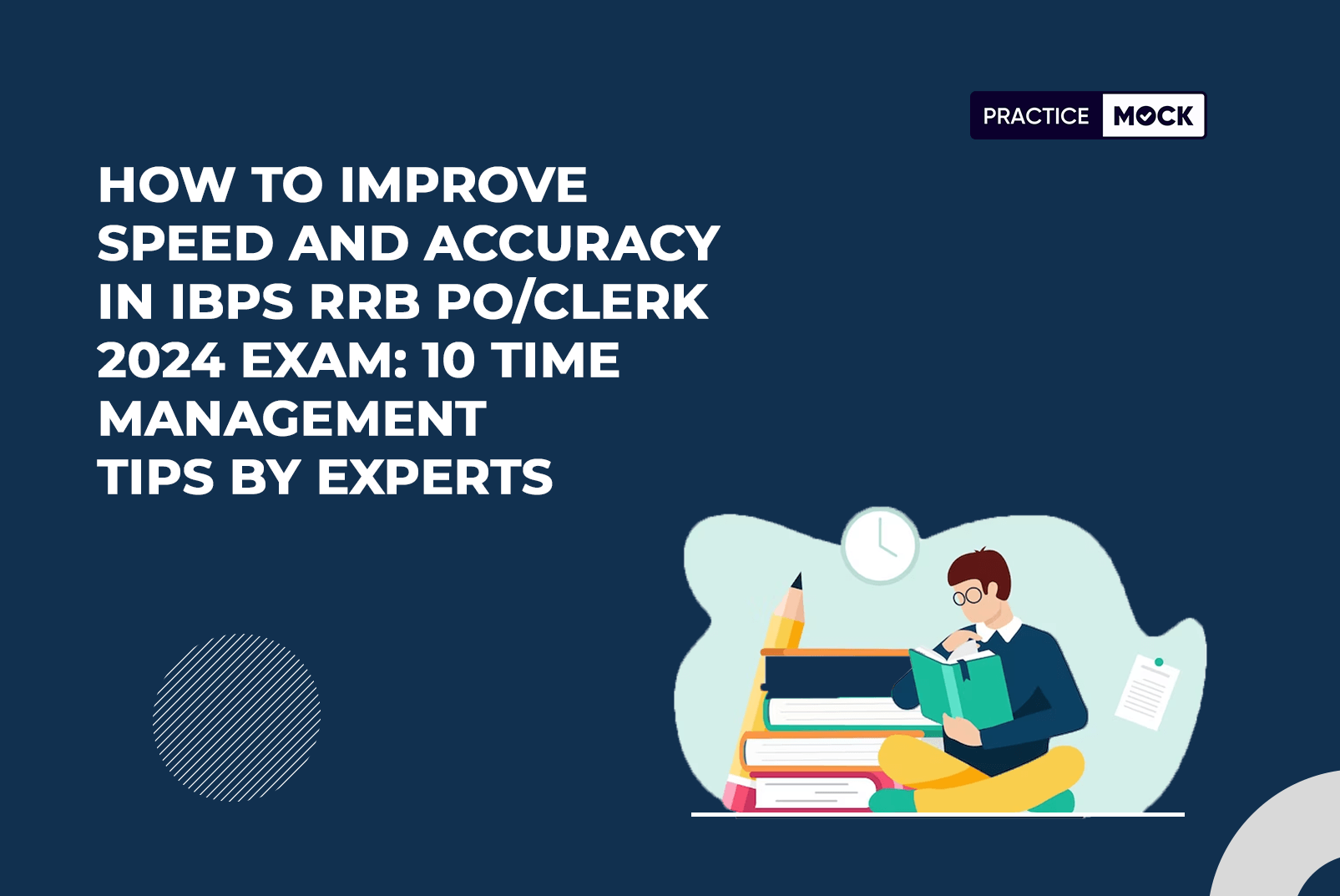Banking sector careers attract thousands of aspirants every year. The IBPS PO exam stands as one of the most competitive recruitment processes in this field. Proper time management during the examination can make the difference between success and failure. Mock tests provide the perfect platform to practise time distribution across different sections.
An ibps po mock test helps candidates understand which sections demand more attention and which can be completed quickly. Smart allocation of available minutes ensures every question receives adequate consideration without compromising overall performance. Let’s examine effective time distribution techniques for each section of the examination.
Section-Wise Time Planning Basics
Each IBPS PO section has unique characteristics that influence time requirements. Reasoning ability questions often need careful analysis and logical thinking. Quantitative aptitude involves calculations that can be time-consuming. English language questions vary from quick grammar checks to detailed comprehension passages.
Understanding these differences helps in creating realistic time budgets. Some questions can be solved within 30 seconds, while others may require two minutes or more. Recognising question difficulty levels during practice sessions builds better time estimation skills for the actual exam.
Reasoning Ability Time Management
This section typically contains puzzles, arrangements, and logical questions that require a systematic approach. Seating arrangement and puzzle questions often take 3-4 minutes each but carry multiple questions. Blood relations and direction questions can be solved more quickly, usually within a minute.
Candidates should identify high-value question sets first and allocate time accordingly. Skipping overly complex puzzles initially and returning to them later saves precious minutes. This strategy ensures easier questions are not missed due to time constraints on difficult ones.
Quantitative Aptitude Timing Techniques
Mathematical calculations form the core of this section. Data interpretation questions often provide multiple questions from a single chart or table. These questions deserve priority as they offer a better time-to-market ratio. Simplification and number series questions require quick mental calculations.
Approximation techniques can significantly reduce calculation time. Learning shortcut methods for multiplication, division, and percentage calculations speeds up problem-solving. Regular practice with these techniques during mock tests builds confidence and accuracy under time pressure.
English Language Section Strategies
Reading comprehension passages require careful time planning. Spending 8-10 minutes on reading and understanding the passage, followed by 2-3 minutes per question, works effectively. Grammar questions like error detection and sentence improvement can be answered more quickly.
Vocabulary-based questions depend on word knowledge and can be solved rapidly if concepts are clear. Para jumbles and sentence completion require logical thinking but less reading time. Balancing between thorough comprehension and speed remains crucial for this section.
Creating Personal Time Charts
Every candidate has different strengths and weaknesses across sections. Creating personalised time allocation charts based on mock test performance helps identify optimal distribution patterns. Recording actual time spent versus planned time reveals areas needing adjustment.
Some aspirants excel in mathematics but struggle with English passages. Others find reasoning puzzles challenging, but complete English sections quickly. These individual patterns should guide personalised timing strategies rather than following generic advice.
Adapting Strategies During Tests
Flexibility in time allocation becomes essential when facing unexpected question patterns. If reasoning puzzles seem particularly difficult, moving to easier sections first prevents panic. Returning to skipped questions with remaining time often yields better results than getting stuck initially.
Mock test practice should include scenarios where timing goes wrong. Learning to adapt quickly when one section takes longer than planned builds resilience. This preparation helps maintain composure during actual examinations when stress levels are higher.
Regular Review and Refinement
Weekly analysis of ibps po mock test timing patterns reveals improvement trends and persistent problem areas. Tracking which question types consistently take longer helps focus practice efforts. Setting specific timing goals for different question categories creates measurable improvement targets.
Gradual reduction in time per question while maintaining accuracy marks successful preparation. Initial practice sessions may allow generous time limits, but these should be progressively tightened. This systematic approach builds speed without compromising correctness rates.
Effective time management during IBPS PO examinations requires regular practice and personalised strategies. Each section demands different approaches, and successful candidates adapt their timing based on individual strengths. Using a mock test regularly helps develop these essential skills and builds confidence for the actual examination day.

